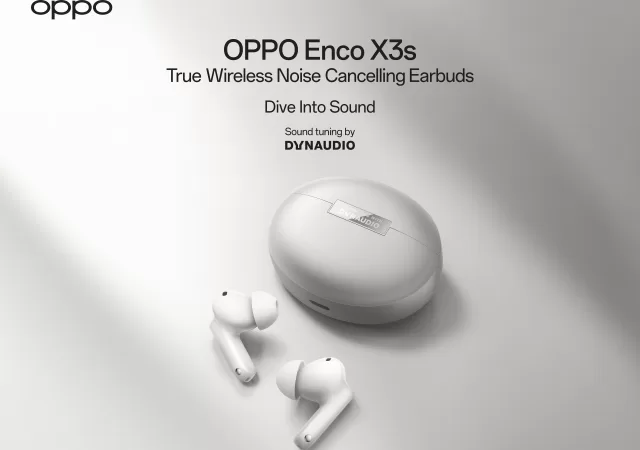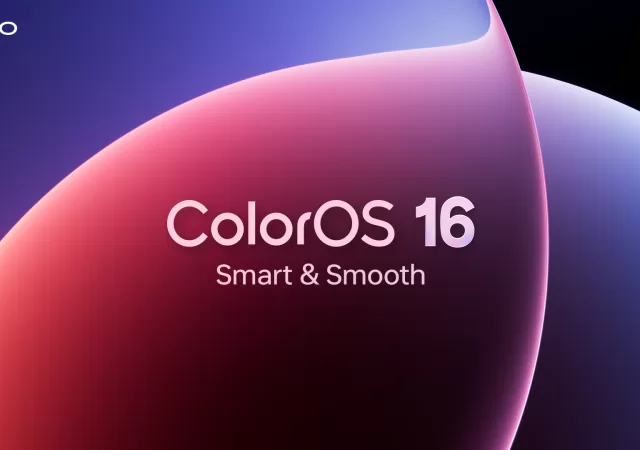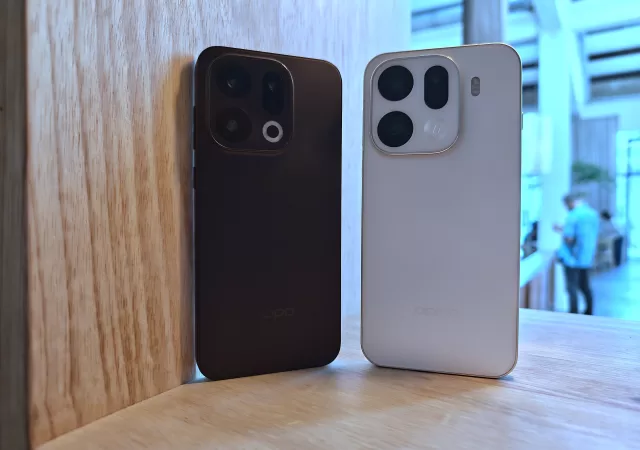As we begin the new year and look back on 2020, it is undeniable that technology has played a crucial role in helping everyone, young or old, to stay connected with our loved ones as we experienced variations of lockdowns in the past year. However, are you aware that there are stark differences in people’s usage behaviours on social platforms, even between those who were born just a few years apart, such as millennials (currently aged 25 to 40 years old) and Gen Z (currently aged 24 or younger)?

Most millenials are digital immigrants, meaning we remember a time before mass technological adoption. This is different from Gen Zs, who are the first generation to be considered true digital natives. They were born into a world of vast technological advances, with the internet as an integral part of their day to day. They don’t know a world without smartphones and broadband internet. Hence, how they think, communicate, use and don’t use the internet is different from the generations before them.
Additionally, as people observe stay at home orders during the ongoing COVID-19 pandemic, they are increasingly turning to indoor activities enabled by the internet; communication, commerce, entertainment, fitness, and learning now take place virtually. This will undoubtedly accelerate digital transformation across many businesses, which will in turn sustain the digital economy.
Gen Z is uniquely well-positioned to continue driving this transformation as they are digital natives familiar and comfortable with new technologies quickly. Digital technology has shaped them, and we should take a page out of the Gen Z book when it comes to some habits and practices.
Value the importance of authenticity
According to Snap Inc. and JWT Intelligence’s “Into Z Future” study, when asked to develop a slogan for their own generation, Gen Z respondents overwhelmingly suggest some variation of “be yourself” – such as “just be you”, “just be yourself”, and “do what makes you happy.” This is a positive mentality to have.

It is important that we value authenticity over ‘perfection,’ which takes courage and confidence. We should not fear judgement or being perceived negatively for being who we are, especially when we are among friends. Honesty is a value that the majority of Malaysians, regardless of their age group, want between themselves and their best friend. The 2019 Friendship Report found that Malaysians want their best friends to be more honest and open about their feelings.
Before we can demand honesty from our friends, we need to first be our true, honest, and authentic self! After all, friendship is a two-way street – Gen Zs seem to have figured that part out.
Not everything is meant to be shared
According to Snap Inc.’s 2019 Friendship Report, millennials come out on top as the most “share happy” of the generations. Millennials are the least likely to say “I wouldn’t share that” across most categories surveyed including their love life, mental health issues, and money concerns. However, oversharing can have negative consequences, such as safety issues, loss of jobs, or risking personal reputation.

As digital natives, Gen Zs are likely to be more private, having learned from the mistakes made by the older generations. Gen Zs’ familiarity with these platforms means that they carefully choose how and where they share. They prefer ephemeral content that disappears, on social messaging platforms such as Snapchat. For example, they prefer to share details about their love life with their best friends over private messages as compared to millennials who would share about it on social media.
Gen Zs understand implicitly that just because we can share something with the world, it doesn’t mean that we should. This is a mindset that we should all adopt.
Bigger isn’t always better when it comes to friendship circle
Gen Zs are adjusting their approach to friendship, which differs from millennials’ desire for a wide network. The former is looking for more closeness and intimacy with a smaller social circle, where they can be their unfiltered, authentic selves. In contrast, millennials are the most likely of any generation to want “as many friends as possible.”

This is the same in Malaysia, where older generations gravitate towards forming friendships with as many people as possible, while Gen Zs (37%) are selective over the people they let into their close circle of friends.
While we all know the positive benefits of having close friends in our lives, a larger pool is not always better. According to friendship experts, a larger group of friends can take a toll on a person because there is greater pressure to open up to many different people and invest in those relationships. It seems that this is a life lesson that Gen Zs have already learned. Based on the above, we can see that there are a lot to be learned from different mindsets, and generation gaps do not just have to be a woeful reminder of “the good old days.” Look at things in a new light and shed your preconceived notions






